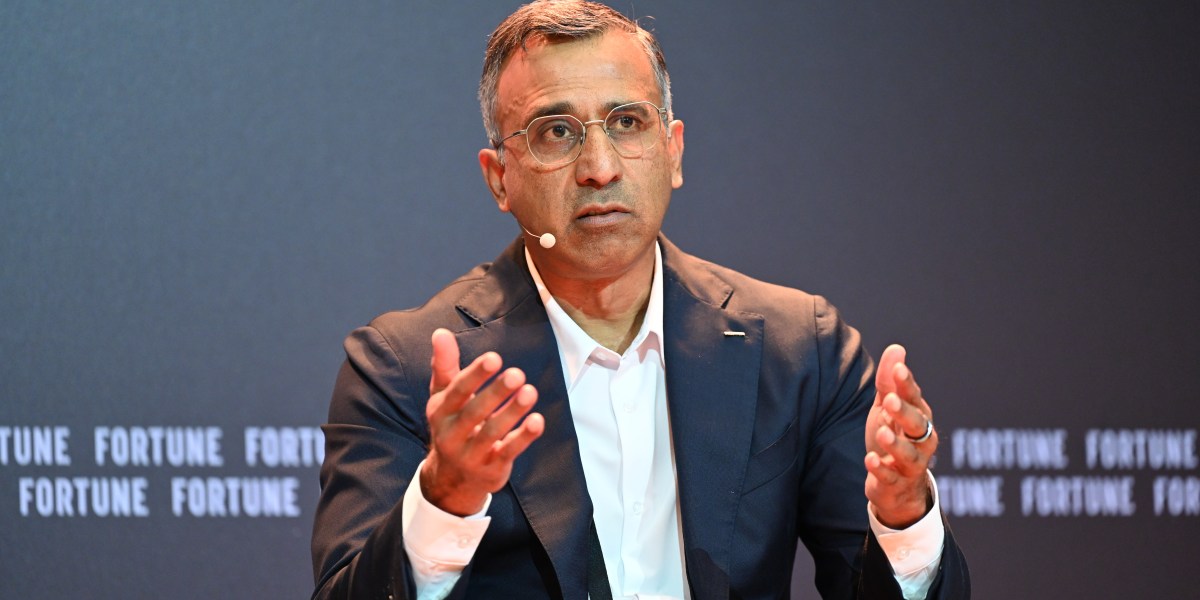Cybercrime in the automotive finance sector is no longer confined to major players. As AI enhances attack capabilities, Zuto, a UK-based provider of motor finance software and technology, calls for better workforce awareness, greater collaboration with partners and a focus on human-led prevention strategies.
Last year, IBM ranked finance and insurance as the second-most targeted industry by cyber criminals. Along with the fallout in 2024 from major cyberattacks on Arnold Clark and Toyota, this reiterates the need for automotive and associated finance businesses to keep security high on the agenda. But could we be doing more collaboratively to strengthen defences across the industry?
High-profile attacks highlight the damage that cybercrime can cause to a business’s profits, reputation and customer trust. They also demonstrate that even established organisations, that invest heavily in security, can be vulnerable.
But it’s important to note that it’s not just big organisations that are being targeted. The majority of attempts are launched indiscriminately: an owner-managed, back-street garage is of equal interest to hacking bots as a national finance provider or global manufacturer. They are simply looking for weaknesses that can be exploited.
As well as gaps in your IT security, weaknesses can also be found through other businesses that you interact with – your partners and suppliers, for example – and, more often than not, through the human workforce.
The latest Global Cybersecurity Outlook from the World Economic Forum warns of increasingly sophisticated attacks in 2025, largely powered by AI.
AI is making it easier to launch high volumes of attacks, and harder to detect fake customer communication. It’s providing the bedroom hacker with the tools to become an army, conducting recces on multiple targets. It can translate messages effortlessly and tidy up grammar and spelling, so that communication used in phishing appears, ironically, more believably human.
Thankfully, AI is also powering tools that help protect against attacks and businesses are deploying AI to assist in their defence efforts. For example, it can spot unusual network activity, or phishing messages supposedly sent by a customer or partner organisation.
With a 24/7 safety net providing continuous monitoring, anomaly detection and automated response, an AI tool can also take immediate action to prevent further compromise, reducing the need for human intervention.
Most businesses in the motor finance sector are investing in their teams and technology to protect their systems and data from cyber criminals. All car finance technology and software companies worth their salt are investing in this area with specialist hires in cybersecurity and financial crime.
Story Continues


























